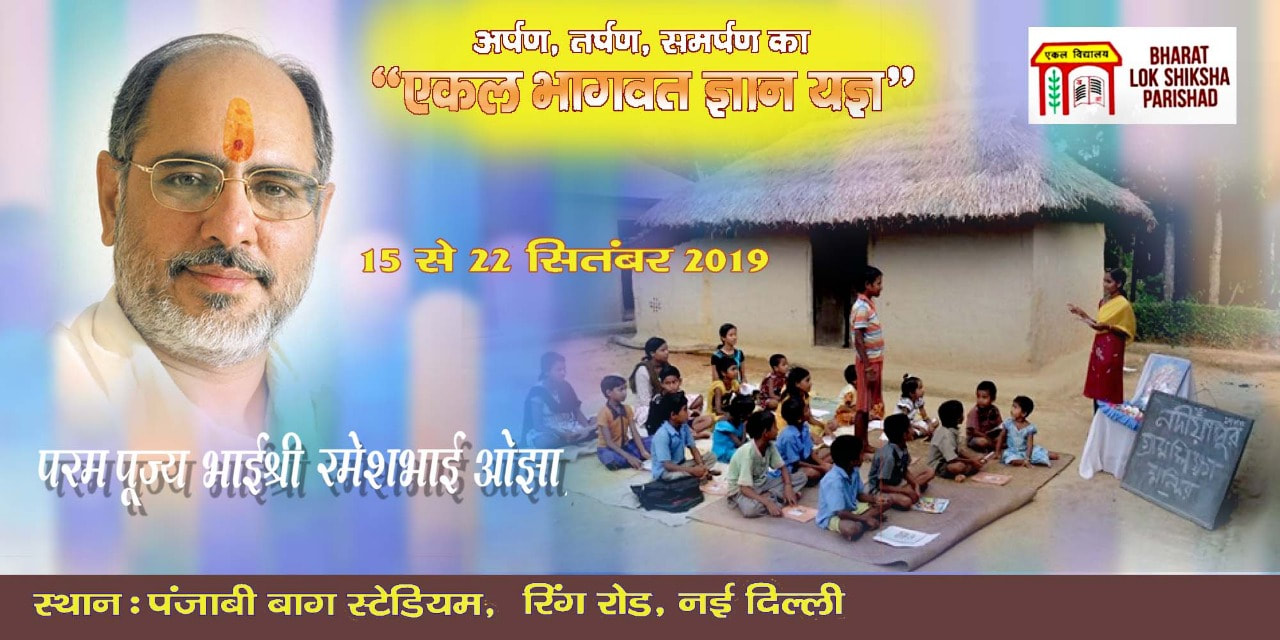|
In Hindu philosophy, Arpan, Tarpan and Samarpan have big role for purification of self. Self-less sacrifice for betterment of humanity is Arpan. Remembering and offerings made to demised forefathers and parents particularly during Shradha (around 15 days period prior to Navratri is called Tarpan. Surrender to oneself to god and lead life according principles of dharma is Samarpan.
In Vedic dharma, every householder should perform five offerings or sacrifices viz. to devas (deities), pitras (ancestors), rishis (ancient teachers / scientists), human beings and brute creations. These offerings or sacrifices are the basis of spiritual development. It involves the offering of things that are precious to one-self and good to others, this eliminates the self-centeredness. These five offerings or sacrifices are as follows:
Arpan (dedication, presenting, offering) Before the advent of cooking gas in the Hindu Kitchen, cooked food first was offered to fire. Thereafter, food was offered to deities and later taken as prasada. When the food was offered to yajna, it was called as Havya. The offerings or fire sacrifices made during Yajna are thanks-giving to deities for the benefits received from them or for welfare of humanity, are discharge of one’s duties. Fire is link between humans and deities. Tarpan or Shradha: Shradha means which is done with Shraddha (respect or reverence). Shradha or Tarpan is paying reverence towards the ancestors. It is a ritual of remembering our lineage and offering our respect. After dying, the gross body ceases, only the subtle body remains. There are many verses in Chapter 18 of Atharva Veda relating to appeasing the ancestors and funeral rites. The importance of Tarpan is emphasized in several Purans viz. Garuda Puran, Vayu Puran, Kumra Puran, Skand Puran Devi Bhagavad Puran etc. It finds mention in Mahabharata. Tarpan is done for the happiness of their ancestors during Pitra-Paksh. It is performed for a fortnight in the 2nd paksha Hindu lunar month of Bhadrapada in southern and western India and in Ashwin month in north India & Nepal. It begins on the Pratipada (first day of the fortnight) ending with the no moon day known as amavasya (also known as Pitru Amavasya, Peddala Amavasya, Mahalaya amavasya or simply Mahalaya). Shradha is performed at home normally. However, Shraddha performed at Varanasi, Prayaga, Gaya, Kedarnath, Badrinath, Rameswaram and Nasik, have special significance. In the Shradha, after the invocation, and salutation, the reverence offering is done. Water is mainly used in tarpan. Other items are like barley, black sesame, rice, Ganga water, milk and flowers. With the help of the Kushas, the small Anjali mantra of the barley is satisfied by the mere pouring of the mantra. Subsequently, the offerings are also made to crow, dog, cow, begger and Brahmin. As a result of performing Tarpan, the ancestors get satisfied and bless us with love, peace, happiness, good health, wealth and success. Also, one who is performing gets rid of the family dosha or Pitru dosha (if any). Samarpan or Surrender: External worship is symbolic. The true and the highest worship is total surrender, offering of oneself, one’s possessions, and one’s actions and even the sense of agency to Him and unwavering faith and devotion (अनन्य भक्ति). Whole hearted self-surrender (body, mind and soul) and love ensures attainment of Brahman. Bhagawata Purana has classified god-centred actions into nine class’ viz. listening (श्रवणम), hymning/eulogizing (कीर्तनं), meditating/remembering (स्मरणम), service (पादसेवनम), worship (आर्कनम), salutation/greeting (वंदनम), servitude/bondage (दास्यम), comradeship/friendliness (सखयम) and total surrender (आत्मनिवेदनम). The grace of the Supreme Being comes on those who surrender themselves whole-heartedly to him, and that grace accomplishes what one cannot do by one’s own effort. First attitude is “I am His”; second – “He is mine” and third – “He is I”. Surrender takes these forms according to one’s spiritual maturity. The importance of offerings and self-surrender is emphasized in Shrimad Bhagavad Gita discussed hereinafter: Offerings:
0 Comments
Leave a Reply. |
Archives
March 2024
Categories
|

 RSS Feed
RSS Feed